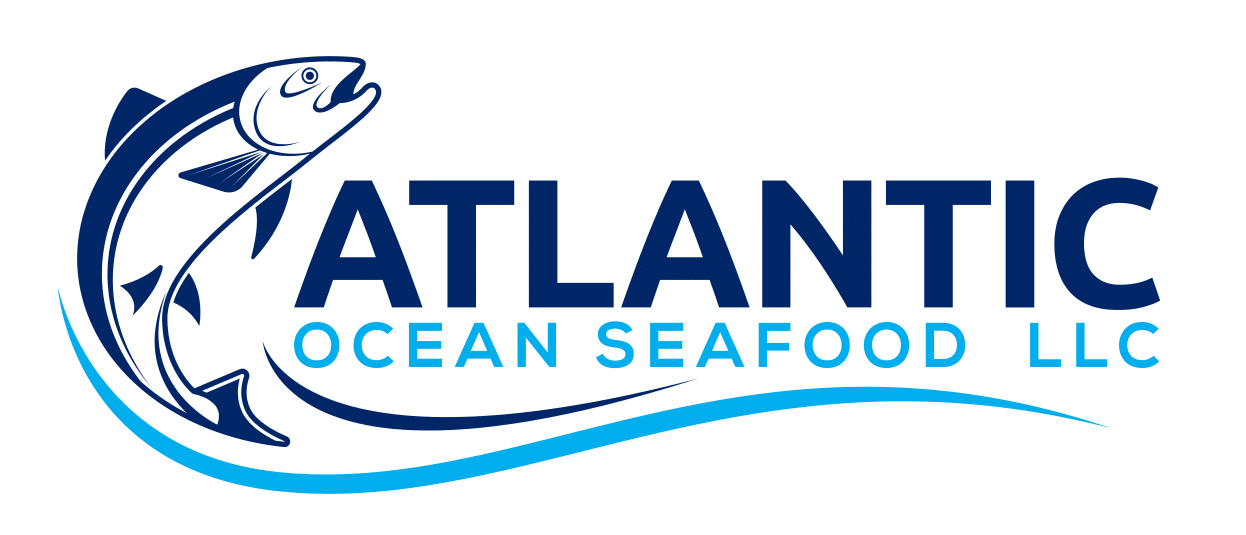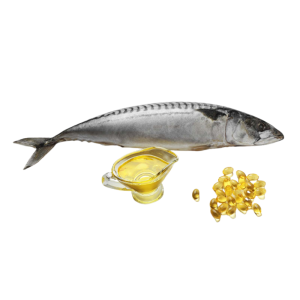Fish meal is indeed obtained from fish, typically species like sardines (Sardina pilchardus), mackerel, or other marine animals. The manufacturing process involves separating the liquid phase, which includes water and lipids, through cooking and pressing. The remaining solid portion, rich in proteins, is then ground and dried to produce fish meal.
Fish meal is highly valued as a feed ingredient in various industries, including aquaculture, poultry farming, and livestock farming. Its nutritional composition makes it an excellent source of energy and essential nutrients. Here are some key components found in fish meal:
- Protein: Fish meal is known for its high protein content, which typically ranges from 50% to 70%. It provides a rich source of amino acids, essential for growth and development in animals.
- Lipids: While fish meal is primarily used for its protein content, it also contains some lipid content. However, the lipid content in fish meal is lower compared to fish oil.
- Minerals: Fish meal is a good source of minerals, including calcium and phosphorus. These minerals are important for bone development, skeletal strength, and various physiological processes.
- Vitamins: Fish meal is naturally rich in fat-soluble vitamins such as vitamin A and vitamin D. These vitamins play crucial roles in vision, immune function, and calcium metabolism.
As a result of its nutritional profile, fish meal is commonly included in animal feed formulations to improve the nutritional value and balance of the diet. It helps meet the protein requirements of farmed fish, poultry, and livestock, promoting growth, reproduction, and overall health.
Fish meal is a popular additive used in various sectors, including aquaculture farming, poultry farming, animal husbandry, and as a source of energy. Here’s some information on its uses in each of these areas:
- Aquaculture Farming: Fish meal is widely used in aquaculture feeds as a valuable protein source. It is particularly beneficial for carnivorous and omnivorous fish species that require a high-quality protein diet. Fish meal is rich in essential amino acids, minerals, and vitamins, making it a nutritious feed ingredient for fish rearing.
- Poultry Farming: Poultry birds, such as chickens and turkeys, also benefit from fish meal supplementation in their diets. It provides an excellent source of protein, which aids in muscle development, egg production, and overall growth. Fish meal is especially useful when formulating feed for young birds during their rapid growth phase.
- Animal Husbandry: Fish meal is utilized in animal husbandry to enhance the nutritional content of animal feeds. It is often added to feeds for pigs, cattle, and other livestock to improve their growth, reproduction, and overall health. The high protein content of fish meal helps meet the protein requirements of these animals and contributes to their muscle development and body condition.
- Source of Energy: Fish meal is also used as an energy source, though it primarily serves as a protein supplement. While fish meal does contain some fat, its main nutritional value lies in its protein content. For energy requirements, animals typically rely more on carbohydrates and fats present in their diets.


